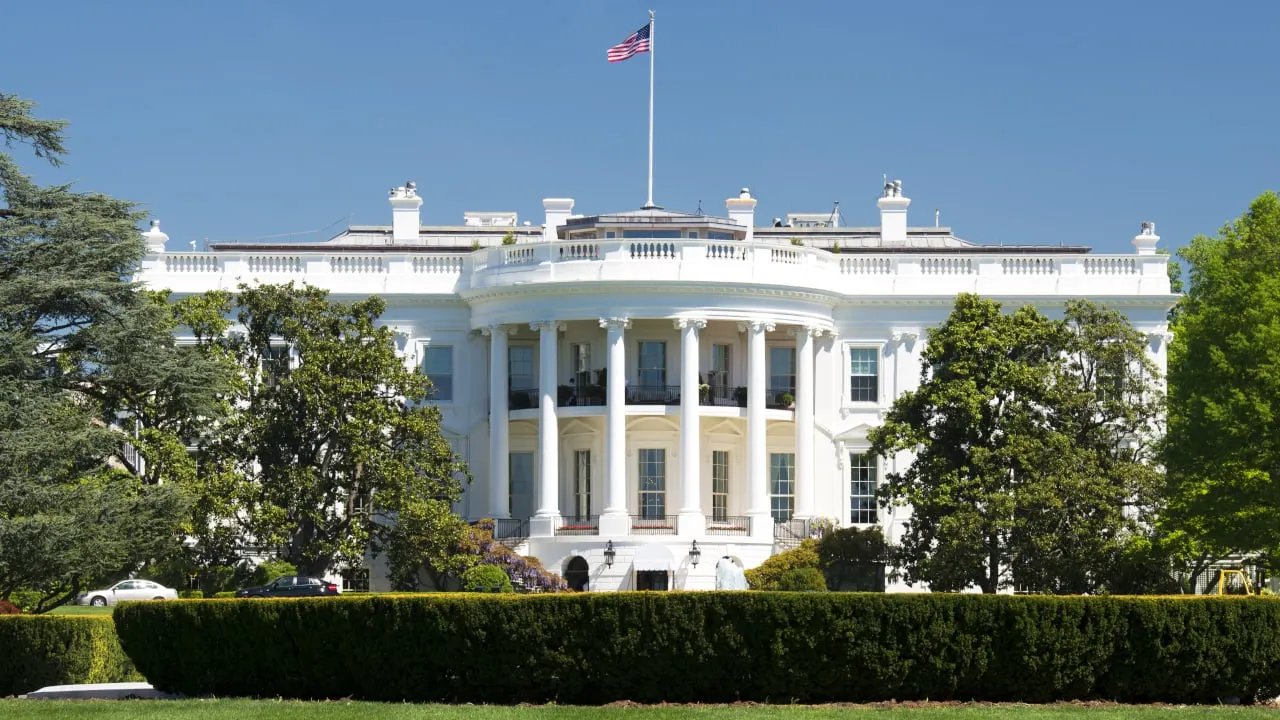With the government’s aim to achieve ‘Insurance for all’ by 2047, the upcoming 2025 Union Budget is expected to see the announcement of several measures for the insurance sector. Most players in the industry hope for incentives such as tax deductions, while a pending reduction in GST rates on health and term insurance products remains a long standing and common ask, with insurance players expecting the move to boost insurance penetration across the country.
GST Reforms
The current GST rate on life insurance premiums is 18%. Any reduction in this rate will significantly lower the cost of insurance, thereby making life insurance more affordable and accessible for buyers, said Nitin Mehta, chief distribution officer – partnership distribution and head of marketing, at Bharti AXA Life Insurance.
GST reduction or waiver on health and term insurance products is critical to making insurance offerings more affordable and expanding coverage for the uninsured population, Rajesh Kakkar, business head and principal officer, at Zuari Insurance Brokers Ltd. also said.
Streamlining GST compliance procedures will also help reduce administrative burdens on insurance companies, allowing them to focus on product innovation and customer service, said Mehta.
Enhanced Tax Benefits
Key expectations also include a dedicated tax deduction for life insurance premiums under Section 80C, a revision of income tax slabs and exemption limits to enhance disposable incomes, and measures to encourage higher investments in insurance products, Avinash G Singh, head – investment research and analytics, Aranca said. Introducing a health regulator to address rising medical inflation and revising tax benefits under Section 80D are also seen as essential steps, he said.
Given that a large section of population is not insured at all or not adequately insured for health insurance, Section 80D limits need to be increased to Rs 50,000 for all and Rs 1,00,000 for senior citizens, according to G Srinivasan, chief executive officer and managing director of Galaxy Health Insurance Co. Section 80D should also be allowed in the new taxation regime to increase health insurance penetration, he said. Rule 6E which currently allows unexpired premium reserve to be calculated at 50%, can be changed to the 1/365 method as permitted by IRDAI in preparation of financial statements of insurance companies, he suggested.
GST waivers on retail life insurance and offering greater tax incentives for corporates providing group life and health policies will be transformative, said Amit Agarwal, CEO, Howden India. These measures will accelerate the ‘Insurance for All by 2047’ vision, paving the way for a more resilient and financially inclusive India, he said.
Along with a centrally funded life and health insurance scheme for the armed forces, Agarwal said that government backed educational institutes and skill development centres are crucial to nurture a strong talent pipeline for the insurance industry.
Additionally, IRDAI should enhance the product bandwidth for Point of Sales through intermediaries, which will drive greater insurance penetration and create employment opportunities, Kakkar suggested. While initiatives like Bima Sugam, Bima Vahak, and Bima Vistaar would further the reach towards much broader adoption, it is important to create awareness in under-served markets, while providing easier online access to insurance schemes, especially in rural areas, he added.
Any developments in bancassurance regulations, will also be in focus amid statements by the FM and regulator in the recent past, according to a research note by Emkay.
. Read more on Budget by NDTV Profit.GST reduction or waiver on health and term insurance products is critical to making insurance offerings more affordable and expanding coverage for the uninsured population, said Rajesh Kakkar. Read MoreBudget, Economy & Finance, Business, Notifications
NDTV Profit






